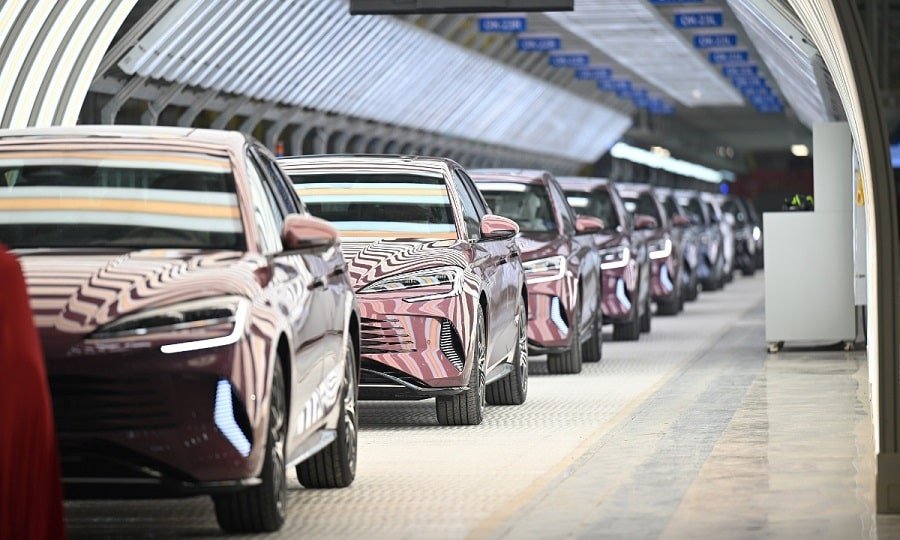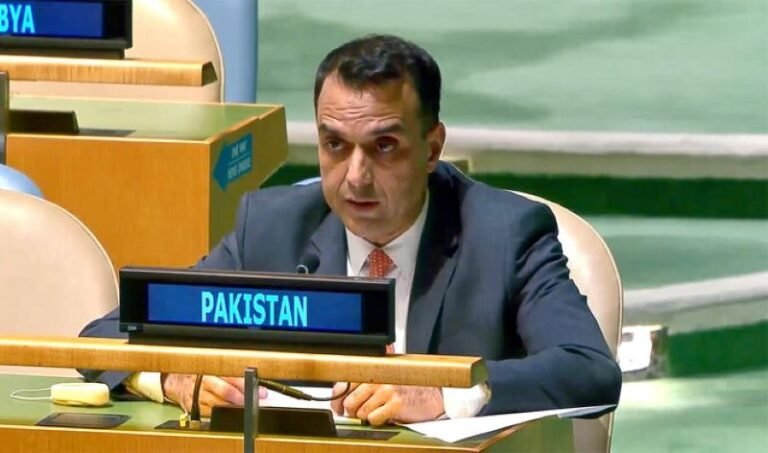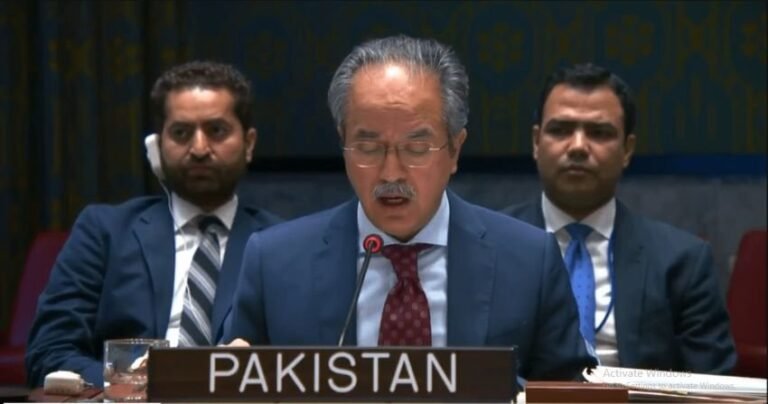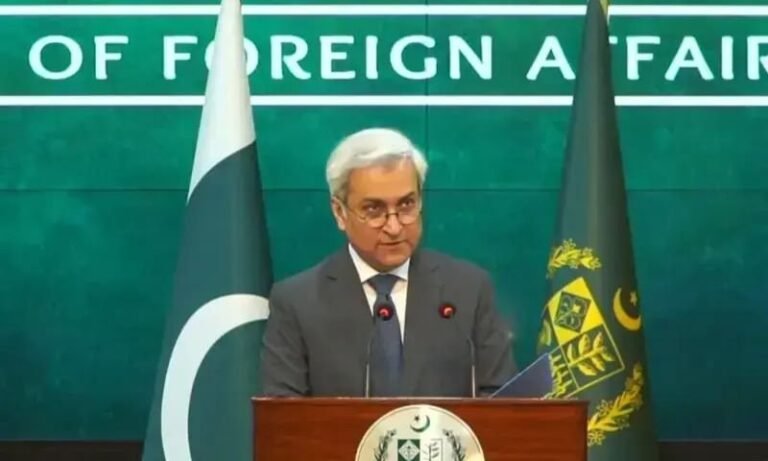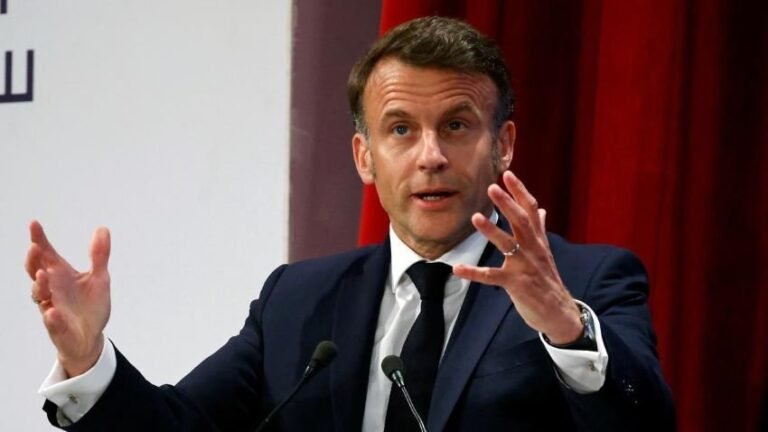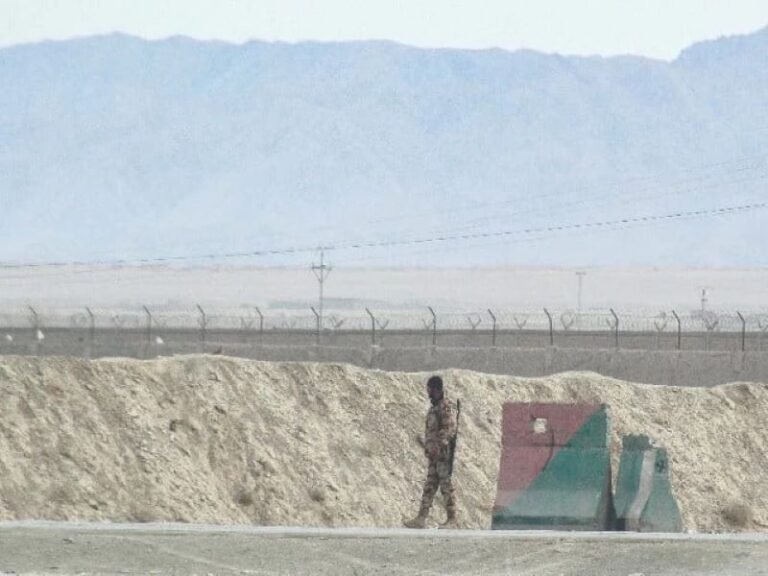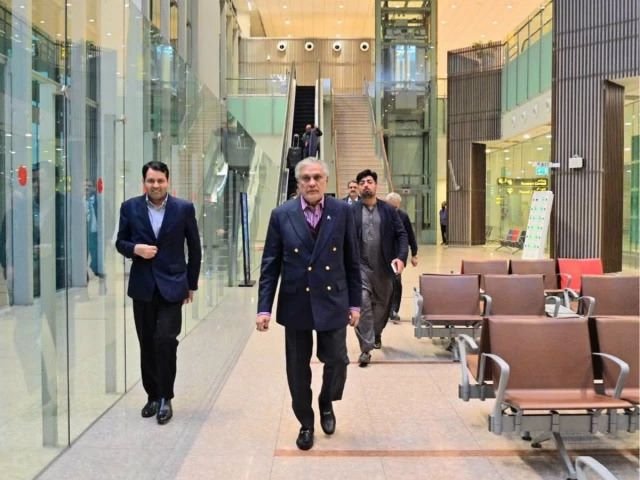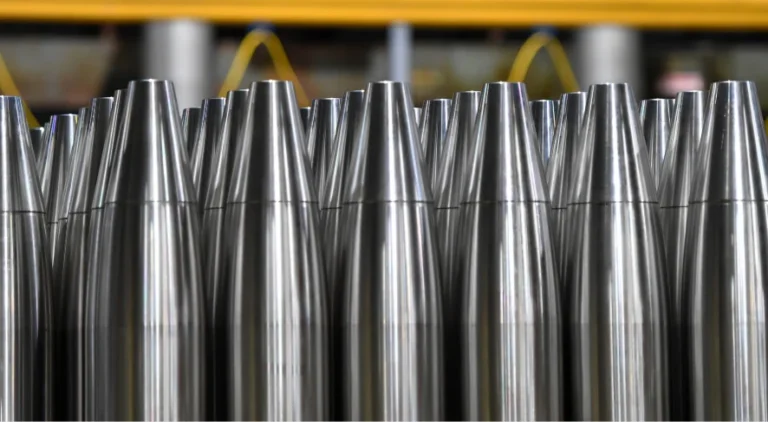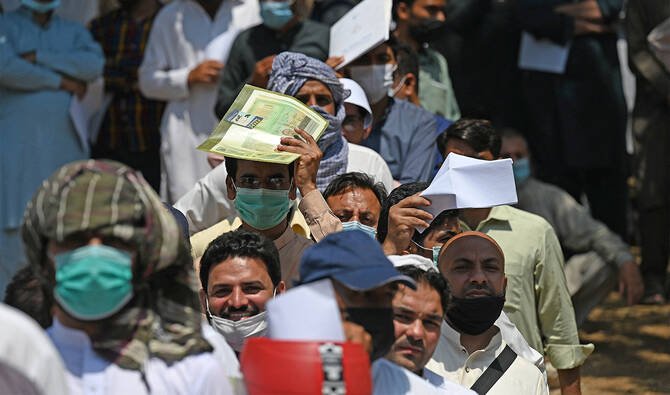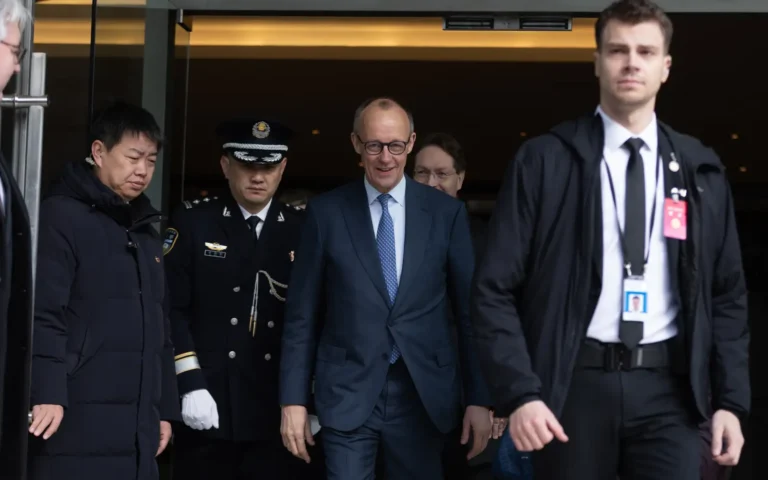Berlin (TDI): German automaker BMW has called on government to oppose the European Commission’s proposal to impose high tariffs on Chinese-made electric vehicles (EVs), warning that such a move could exacerbate trade tensions with China and potentially harm Germany’s vital automotive industry.
In a statement, BMW CEO Oliver Zipse cautioned that the planned tariffs, which could be as high as 45 percent, would not only disrupt the EU’s trade relations with China but could also provoke retaliatory measures from Beijing, impacting the broader European economy, according to Chinese media.
“The imposition of these tariffs risks deepening the rift and triggering a retaliatory response from China,” the statement read.
BMW’s concerns come ahead of the EU’s vote on the matter, now scheduled for Friday after a previous postponement.
Also Read: China Approaches WTO Against EU Over Tariffs on EVs
The delay in the decision reflects ongoing divisions among EU member states, as some fear the tariffs could undermine existing trade relations and hurt European companies with significant investments in China, including BMW, which produces electric models like the MINI Cooper and Aceman in China.
The economic stakes are particularly high for German carmakers.
Last year, Germany exported vehicles and parts worth €26.3 billion to China, while €6.8 billion worth of automotive goods flowed in the opposite direction, according to figures from the Association of the Automotive Industry.
Also Read: China Committed to EV Talks
BMW’s opposition to the proposed tariffs is shared by other German automakers.
Mercedes-Benz Group, in an earlier statement, also voiced support for free trade based on World Trade Organization (WTO) principles, emphasizing that “fair competition ensures prosperity, growth, and innovation.”
China-European Commission Talks
In recent months, Chinese officials have engaged in extensive negotiations with the European Commission and EU member states to resolve the dispute.
In September, Chinese Commerce Minister Wang Wentao visited several European capitals, including Berlin and Brussels, to discuss the issue with key officials, including the EU’s Trade Commissioner Valdis Dombrovskis.
The two sides have reportedly reached a preliminary consensus on further talks to avert the implementation of new tariffs.
With the EU vote approaching, BMW’s appeal adds pressure on Berlin to weigh the broader implications of the proposed tariffs on Germany’s economy and its long-standing trade relationship with China.
Farkhund Yousafzai is an Associate Editor at The Diplomatic Insight.
- Farkhund Yousafzai
- Farkhund Yousafzai
- Farkhund Yousafzai

